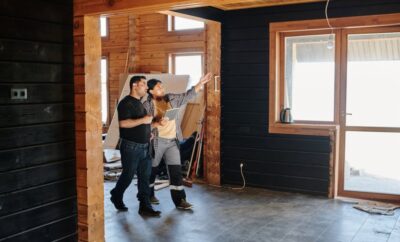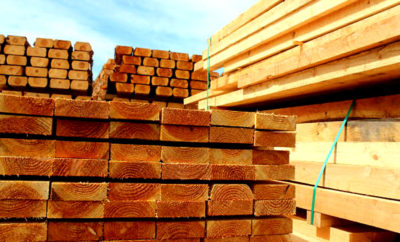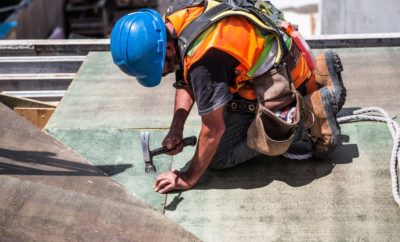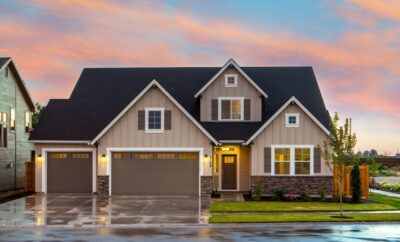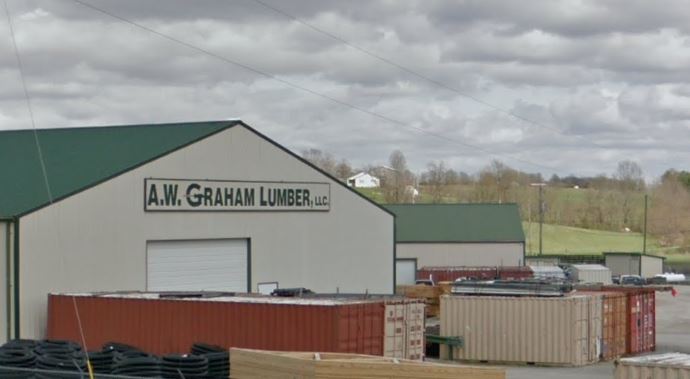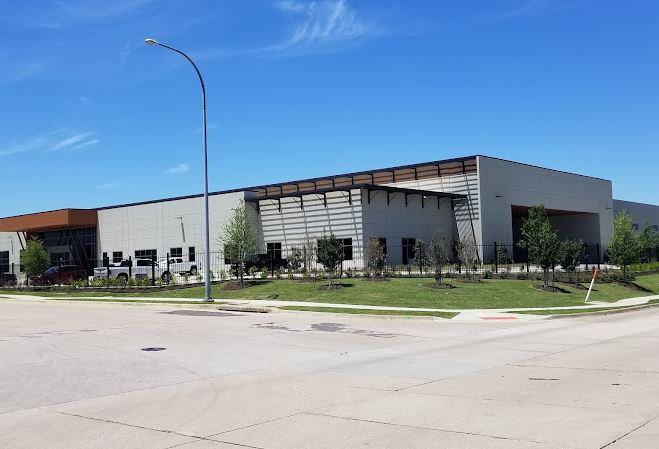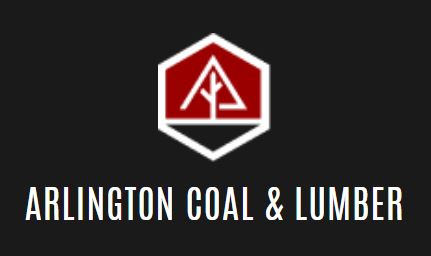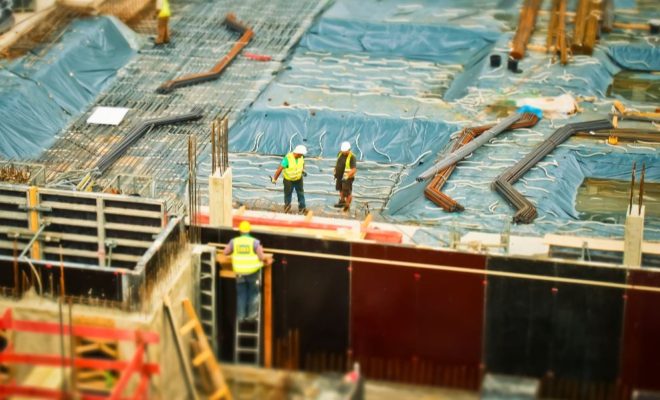
Dodge Construction Network: Total Construction Starts Rebound in May 2023
According to Dodge Construction Network, total building starts increased by 8% in May to a seasonally adjusted annual rate of $1.11 trillion.
Nonresidential starts increased by 8% in May, led by a significant increase in factory starts, after experiencing a decline in April.
Nonbuilding starts saw a 24% increase during the month, while residential starts decreased by 4%.
Year-to-date through May, total construction starts were 6% lower compared to the first five months of 2022.
Residential starts fell by 25%, nonresidential starts fell by 1%, and nonbuilding starts increased by 25%.
In the 12 months ending May 2023, total construction starts were 9% higher than the 12 months ending May 2022.
Nonbuilding starts increased by 30%, and nonresidential building starts increased by 26%.
However, on a rolling 12-month basis, residential starts fell by 15%.
“May’s data is another sign that the construction sector is slowly splitting in two,” stated Richard Branch, head economist at Dodge Construction Network.
“Public dollars are flowing into the manufacturing and infrastructure sectors, leading to significant growth over the last year. Meanwhile, the private sectors of the building market, such as offices, multifamily, and retail, are facing challenges due to higher interest rates, tightening lending standards, and declining demand. The second half of the year is shaping up to be challenging, but the stability provided by manufacturing and infrastructure starts will contribute to modest overall growth.”
Nonbuilding
Nonbuilding construction starts increased by 24% in May, reaching $347 billion on a seasonally adjusted yearly basis.
The rise was driven by a 53% month-on-month increase in utility/gas plant starts.
Street and bridge construction climbed by 22%, while environmental public works increased by 3%.
Nonbuilding starts increased by 25% year-to-date through May, with utility/gas plants increasing by 76% and overall nonbuilding starts rising by 27%.
Highway and bridge construction increased by 16% year on year, while environmental public works increased by 11%.
Total nonbuilding starts were 30% higher in the year ending May 2023 compared to the year ending May 2022.
Utility/gas plant starts increased by 68%, and nonbuilding starts increased by 27%.
On a rolling 12-month basis, highway and bridge starts increased by 22%, while environmental public works increased by 18%.
The largest nonbuilding projects to break ground in May included the $5.3 billion first train for the Port Arthur LNG project in Port Arthur, Texas, the $1.5 billion Southeast Connector Interchange highway project in Fort Worth, Texas, and the $925 million Amtrak/Metro Norwalk Bridge Replacement project in Norwalk, Connecticut.
Nonresidential
Nonresidential construction starts increased by 8% in May, reaching a seasonally adjusted annual rate of $412 billion.
The gain was driven by a more than doubling of manufacturing starts.
Commercial starts fell by 20% in May, primarily due to a steep drop in office and retail beginnings, while hotel starts increased.
Institutional starts declined by 1%, with education declining and healthcare rising.
Year to date through May, total nonresidential starts were 1% lower compared to 2022.
Institutional starts increased by 12%, while manufacturing and commercial starts fell by 11% and 7% respectively.
Total nonresidential building starts were 26% higher in the 12 months ending May 2023 compared to the 12 months ending May 2022.
Factory starts increased by 72%, institutional starts increased by 22%, and commercial starts increased by 12%.
The largest nonresidential building projects to break ground in May included the $1.9 billion Steel Dynamics aluminum plant in Columbus, Mississippi, the $1.9 billion Eli Lilly & Co complex in Indianapolis, Indiana, and the $1.5 billion Ford Ohio EV plant in Sheffield.
Residential
In May, residential construction starts fell by 4% to a seasonally adjusted annual rate of $356 billion.
After four consecutive monthly advances, single-family starts fell by 2% in May, while multifamily starts fell by 8%.
Year to date through May 2023, total residential starts were down by 25%. Single-family starts fell by 31%, and multifamily starts fell by 12%.
Residential starts were 15% lower in the year ending May 2023 compared to the previous year.
On a rolling 12-month basis, single-family starts were 26% lower, while multifamily starts were 9% higher.
The largest multifamily structures to break ground in May included the $414 million North Cove mixed-use complex in New York, New York, the $190 million Albany Terrace and Irene McCoy Gains apartments in Chicago, Illinois, and the $190 million The Kaye Luxury apartment tower in Seattle, Washington.
Regionally, total building starts declined in the Northeast and West in May, while they increased in the Midwest, South Atlantic, and South Central.


